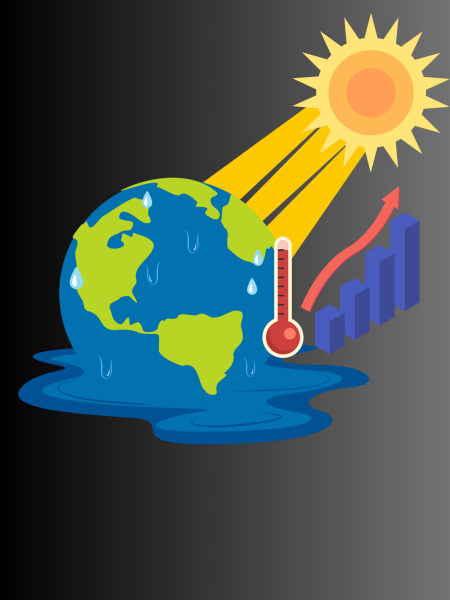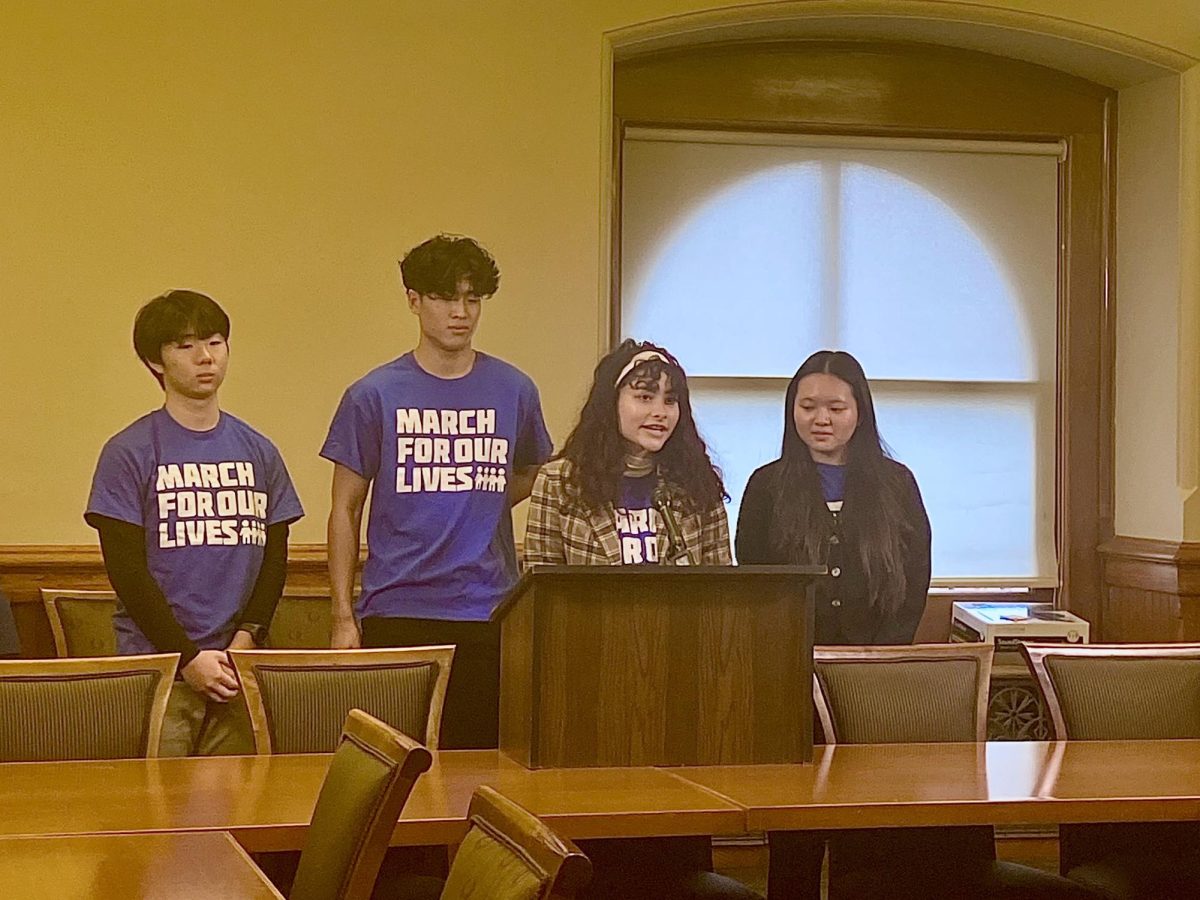
The COP28 conference concluded on Dec. 12 with underwhelming results according to many. While language like “historic” and “ambitious” are being used to describe this year’s negotiations, it is easy to see the lapses in the conference’s success.
COP — Conference of the Parties — convenes yearly to discuss global environmental politics, with delegates from over 200 countries gathering to negotiate over the next move in mitigating climate change. But these delegates do more than simply sit around and talk; they work tirelessly throughout the conference to establish a singular, unanimous agreement by the end of the two weeks.
This year’s agreement, however, has sparked unrest among many climate activists for its simplicity and vague wording, leaving many questioning whether the final agreement will have any tangible impact at all.
The agreement, signed off on by the nearly 200 countries in attendance, states that countries must work towards a just, orderly and equitable shift away from some fossil fuels. The catch: this agreement was non-binding, therefore hardly providing impetus for countries to enact real change back home. While an international consensus on the phasing out of fossil fuels is remarkable, the agreement itself may fail to live up to its promises.
Even the wording of the agreement is questionable at best. A notable change in the wording of the official agreement from “phase out” to “transition away from” fossil fuels highlighted a lack of urgency from COP countries. By using vague and non-urgent wording, COP delegates give time for oil and gas industries to continue making money before they become redundant. Once again, industry takes precedence over the impending climate disaster.
But perhaps there is a reason behind the lack of urgency in the final agreement. Many delegates eagerly flocked to the summit in Dubai with a goal in mind; to make strides towards environmental justice. Some, however, were not so innocent in their intentions, including the host country’s own, Sultan Al-Jaber.
The COP28 president spoke on the international agreement reached at the end of the summit after two weeks of negotiations. “We are what we do, not what we say,” he told the thousands of attendees before him. “We must take the steps necessary to turn this agreement into tangible actions.”
While Al-Jaber seemed optimistic about the results of the conference, his words contradict his actions. OPEC (Organization of the Petroleum Exporting Countries) members stood their ground against anti-oil negotiations, including Saudi Arabia, India and even the UAE, arguing that the world can cut emissions without shunning specific fuels, demonstrating yet another example of industry taking precedence over the urgency of climate change.
The powerful opposition of these countries proved to be a force in negotiating a weaker final agreement at the end of the conference, which many point out as a major flaw of the conference, including former U.S. president Al Gore. While he welcomed the deal and acknowledged that international cooperation is remarkable, the agreement is nevertheless riddled with flaws. “The influence of petrostates is still evident in the half measures and loopholes included in the final agreement.”
While the final agreement of the conference may have left many wanting more, other results from the summit were able to satisfy climate activists. The U.S. made major strides at the conference after unveiling a new suite of regulations to monitor “super emitter” industries, also agreeing to increase funding towards a transition to renewable energy.
Canada similarly tightened industry regulations and announced plans to integrate a cap-and-trade system, a method designed to limit carbon emissions. Numerous European countries also announced stricter methane regulations, a hopeful sign that high-income nations are taking responsibility for cutting global carbon emissions.
But some policy makers, such as Rachel Cleetus, fear that high-income countries still are not doing enough. “The finance and equity provisions… are seriously insufficient and must be improved in the time ahead in order to ensure low- and middle-income countries can transition to clean energy and close the energy poverty gap,” she said.
While upper-income countries emit 80% of the world’s carbon emissions, low-income countries bear the brunt of environmental degradation, causing many to believe that high-income countries should be responsible for not only reducing their own emissions, but also helping lower-income countries in their transition to renewable energy.
The Loss and Damages Committee (LDC) was established for this exact purpose; to give aid to lower-income countries and help make a just and equitable transition to renewables a possibility. However, the LDC ultimately fell short of their goals. What was intended to be an international fund to which the richest nations donated ended up raking in a meager 429 million dollars, only a fraction of its goal of 400 billion dollars. No further plans or goals were made to increase these funds.
The U.S.’ 17 million dollar contribution was paltry, considering the U.S. is a top greenhouse gas emitter. Junior Katie Haas, an avid environmentalist, criticized the U.S.’ meager contribution. “It’s just frustrating that a country that has the highest carbon emissions donates the least amount of money possible to the fund. No other country should be responsible to pay as much as the U.S. and other top emitting countries.”
While COP28 resulted in some impactful negotiations and legislation, the conference ultimately left many feeling underwhelmed. COP28 delegates may have struck major international agreements, but it seems like real, tangible results are yet to come to fruition.























